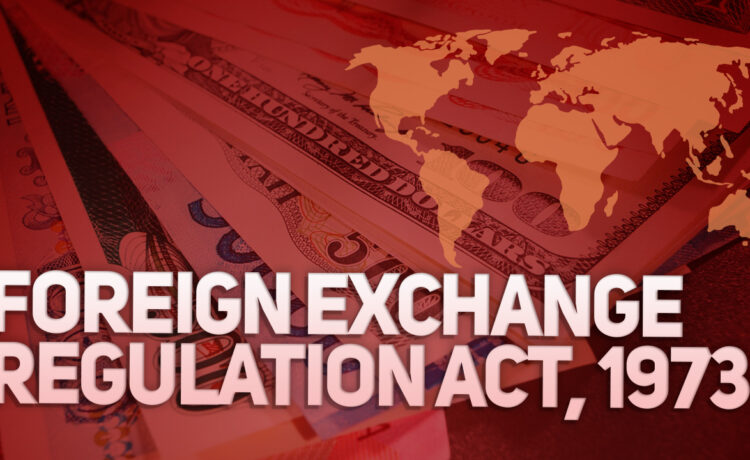The Delhi High Court has made it clear that Indian currency can be seized by the Enforcement Directorate under provisions of the erstwhile Foreign Exchange Regulation Act, 1973, if the same is intended to be used for illegal purchase of foreign exchange.
FERA, 1973 was enacted to regulate the inflow and outflow of foreign exchange in India, and to prevent hoarding of foreign currency. The statute has since been replaced by the Foreign Exchange Management Act, 1999, which came into effect in June 2000.
A division bench of Justices Subramonium Prasad and Vimal Kumar Yadav were dealing with an appeal preferred by one Arjun Patil, assailing confiscation of Indian currency worth Rs. 12,31,000/- by ED under Section 63 FERA, on the allegation that he had attempted to purchase foreign exchange and gold.
The confiscation was upheld by the Appellate Authority, leading to present appeal.
The Appellant’s primary contention was that there is no legal basis for the ED to confiscate Indian currency and there was nothing on record to indicate that he was making an attempt to illegally purchase foreign exchange and gold from the seized Indian currency.
It was further contended that the mere fact that Indian Currency was kept for purchase of foreign exchange and gold at market rates is not a contravention of FERA.
The Appellate Tribunal for Foreign Exchange however affirmed the confiscation, holding that the burden of proving that the seized Indian currency was not involved in contravention of FERA was on the Appellant and he had been unable to discharge the same.
Refusing to interfere in the matter, the High Court cited Section 63 of FERA which empowers the Court or Adjudicating Authority (ED here) to confiscate “any currency, security or any other money or property in respect of which the contravention has taken place”.
“The wordings of the Section are wide enough to cover Indian currency within its ambit. Therefore, the argument of the Appellant, that the Respondent Agency has no legal basis to confiscate Indian currency recovered from the premises of the Appellant is devoid of any substance,” it said.
The High Court further observed that the Adjudicating Authority (ED) and the Appellate Tribunal had concluded that the Appellant had been unable to explain the source of the Indian currency and it was apparent that the Indian currency was intended to be utilized for the illegal purchase of foreign exchange.
As such, the appeal was dismissed.
Appearance: Mr. Jaspreet Singh Kapur, Mr. Wasim Ansari and Ms. Shweta, Advocates for Appellant; Ms. Bharathi Raju, (SPC) with Miss. Divyangi, Advocates for UoI. Mr. Vivek Gurnani, Panel Counsel with Mr. Kanishk Maurya, Advocate for ED.
Case title: Arjun Patil v. UoI
Case no.: CRL.A. 407/2007





